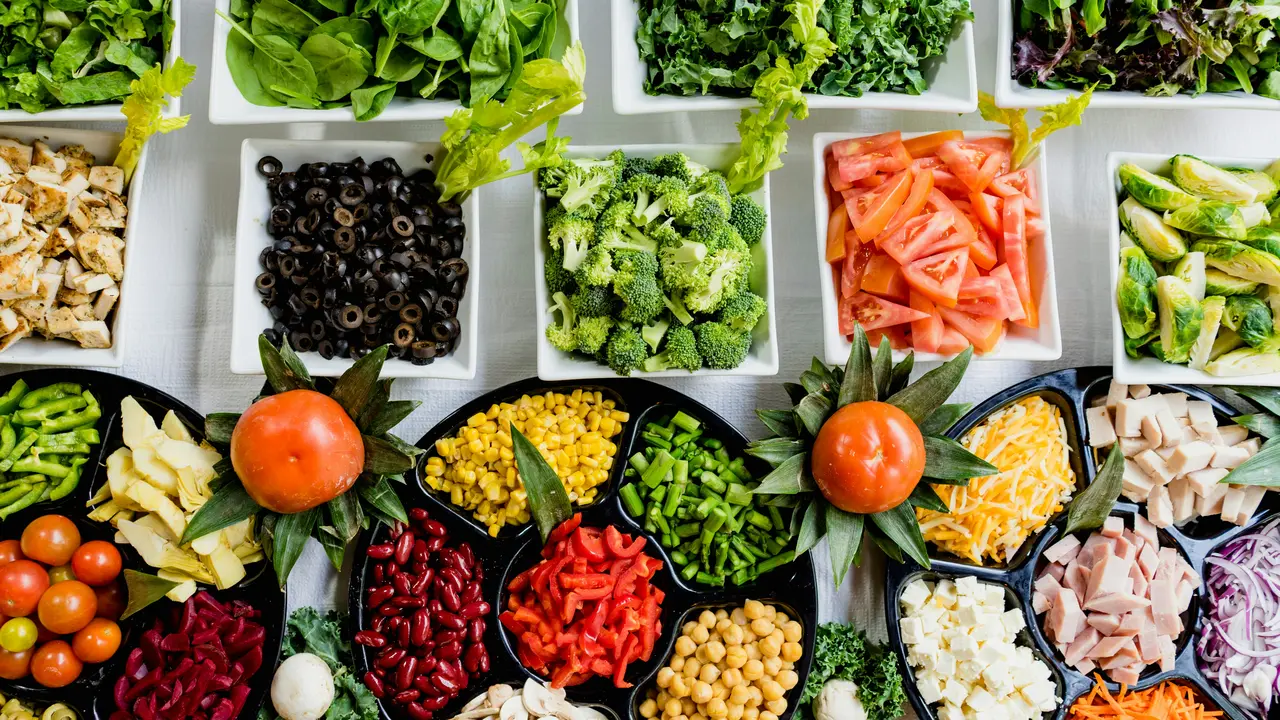Are you struggling to figure out how to gain weight on keto diet? You’re not alone! While many turn to the ketogenic diet for weight loss, some may need to pack on the pounds for various reasons. In this article, we’ll explore effective strategies and tips to ensure you achieve your weight gain goals on the keto diet without compromising its principles.
Understanding the Keto Diet and Weight Gain
The ketogenic diet is predominantly high in fats, moderate in proteins, and very low in carbohydrates. While it’s often associated with weight loss, it can also be an effective way to gain weight if approached correctly. Understanding the macronutrient balance is crucial when considering how to gain weight on keto diet.
Caloric Surplus: The Foundation of Weight Gain
To gain weight, you need to consume more calories than your body burns. On a keto diet, this means focusing on higher fat intake. Here are some tips for achieving a caloric surplus:
- Track your calorie intake using apps to ensure you’re in a surplus.
- Choose calorie-dense foods that are high in fat, such as avocados, nuts, and seeds.
- Add extra fats to your meals, such as olive oil, butter, or coconut oil.
Incorporating Healthy Fats
Healthy fats are the cornerstone of a successful keto diet and play a significant role in weight gain. When considering how to gain weight on keto diet, prioritize healthy sources of fat:
Types of Fats to Include
Incorporate a variety of fats to ensure you’re getting a balanced intake:
- Monounsaturated Fats: Found in olive oil, avocados, and nuts.
- Saturated Fats: Present in fatty cuts of meat, butter, and full-fat dairy.
- Omega-3 Fatty Acids: Found in fatty fish, chia seeds, and flaxseeds.
Recipes to Boost Your Fat Intake
Create easy-to-make recipes that are both delicious and satisfying. Consider meals like:
- High-fat smoothies with avocado and coconut milk.
- Salads topped with generous amounts of olive oil and seeds.
- Cheese-based dishes and sauces to incorporate into your meals.
Prioritizing Protein for Muscle Gain
While fats are essential, don’t overlook the importance of protein when aiming to gain weight on keto. Proteins support muscle growth, which can contribute to healthy weight gain.
Quality Protein Sources
Focus on high-quality protein sources that fit within keto guidelines:
- Fatty cuts of meat, like ribeye or chicken thighs.
- Eggs, which are versatile and nutritious.
- Fat-rich fish such as salmon or sardines.
How Much Protein Should You Consume?
Aim for a moderate protein intake to support muscle gain without disrupting ketosis. Generally, targeting around 20-25% of your daily caloric intake from protein is effective.
Smart Snacking Strategies
Incorporating strategic snacks can help you reach your caloric goals when learning how to gain weight on keto diet. Opt for healthy, keto-friendly snacks that are calorie-dense:
Top Keto Snacks for Weight Gain
Consider the following snacks to help increase your caloric intake:
- Nut butters spread on celery or low-carb crackers.
- Cheese and salami or pepperoni slices.
- Full-fat Greek yogurt with nuts or seeds.
Meal Planning for Weight Gain on Keto
Planning your meals can play a pivotal role in successfully gaining weight on the keto diet. Consistency is key!
Creating a Balanced Meal Plan
Your meal plan should focus on calorie-dense, nutrient-rich foods. Include:
- Breakfast: Eggs cooked in butter with avocado.
- Lunch: Salad with grilled chicken, olive oil, and cheese.
- Dinner: Salmon with a side of creamy cauliflower mash.
Batch Cooking for Convenience
Prepare meals in batches during the weekend to save time during the bustling weekdays. This can help you stick to your caloric goals without resorting to low-calorie or unhealthy options.
Staying Hydrated and Avoiding Dehydration
While hydration is crucial for overall health, managing your fluid intake is essential when trying to gain weight on the keto diet. Be mindful of your electrolyte balance to support health.
Importance of Electrolytes
Electrolytes such as sodium, potassium, and magnesium are crucial in a ketogenic diet. Consider:
- Including broth or electrolyte supplements to maintain balance.
- Eating plenty of leafy greens and low-carb vegetables for natural sources of these minerals.
Monitoring Progress and Adjusting as Needed
Regularly evaluate your weight gain progress and adjust your diet and caloric intake as needed. If you’re not gaining weight, consider increasing your healthy fat intake further or adjusting your meal frequency.
Keeping a Food Journal
Maintain a food journal to track your daily intake. Documenting what you eat can help you understand which strategies are working best for you and where adjustments are needed.
Conclusion
Learning how to gain weight on keto diet can be challenging, but with the right strategies and knowledge, success is achievable. Focus on creating a balanced intake of healthy fats and proteins, plan your meals thoughtfully, and stay hydrated. By following these tips, you’ll be well on your way to reaching your weight gain goals. If you found this article helpful, be sure to share it with others and check out more of our content for additional keto tips and recipes!
Keto – Recent Articles
- Is Crystal Light Keto Friendly? Discover the Truth!
- Are Tic Tacs Keto Friendly? Discover the Sweet Truth!
- Can You Do Keto on Ozempic? Discover the Surprising Truth!
- How to Make Keto Cheese Chips: The Crunchy Snack You Need!
- Does Keto Coffee Break a Fast? Discover the Truth Here!
Keto – Useful Links
- Harvard T.H. Chan — Diet Review: Ketogenic Diet
- EatRight (Academy of Nutrition and Dietetics) — What Is the Ketogenic Diet?
- Healthline — The Ketogenic Diet: A Detailed Beginner’s Guide to Keto
- NCBI / StatPearls — Ketogenic Diet
- Northwestern Medicine — Pros and Cons of the Keto Diet
